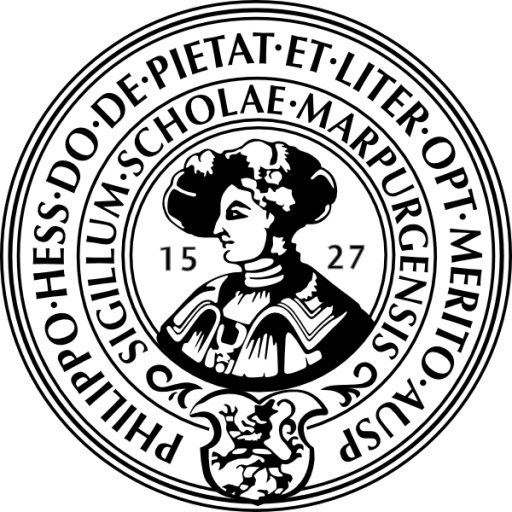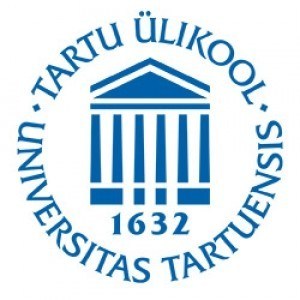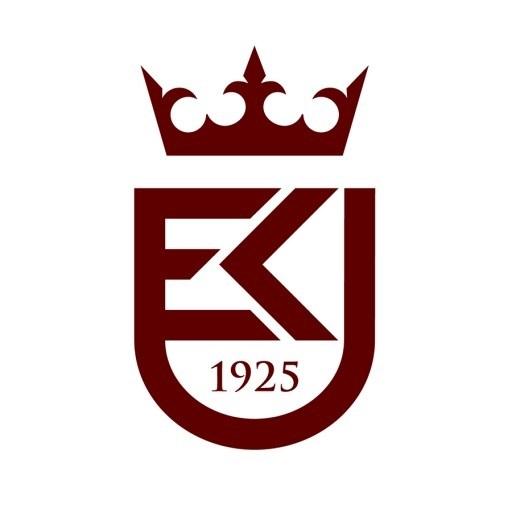The Master's program in Global Studies — A European Perspective at Leipzig University offers students a comprehensive and interdisciplinary understanding of global issues from a European viewpoint. This program is designed to prepare graduates for active engagement in international affairs, policy-making, research, and various careers requiring a deep understanding of global interconnectedness and European responses to global challenges. The curriculum covers key areas such as international politics, global economic systems, cultural studies, sustainable development, human rights, security, and European integration. Students will explore the historical development of globalization and examine current trends affecting the world and Europe in particular. The program emphasizes critical thinking, analytical skills, and practical application through seminars, workshops, and project work. Participants will have opportunities to engage with experts from academia, policy institutions, and NGOs. The program also fosters intercultural competence and encourages students to develop their own perspective on global issues, considering diverse cultural, political, and social contexts. With a strong focus on European perspectives, the Master's program prepares graduates to contribute thoughtfully and effectively to international dialogue and cooperation, whether in the public sector, private enterprises, or non-profit organizations. Graduates will be equipped with the skills necessary to analyze complex global developments, communicate effectively across cultures, and develop innovative solutions to pressing international challenges. The program is suitable for students who are passionate about understanding global dynamics and wish to operate at the intersection of European and global affairs. It combines theoretical knowledge with practical skills, offering a dynamic academic environment in the heart of Europe, fostering a global mindset grounded in European values and perspectives.
Educational organisation
The European Master's in Global Studies starts in the winter semester of an academic year and is divided into four phases. The programme has a modular structure according to the European Credit Transfer System (ECTS), as initiated by the Bologna Process. It is made up of 120 credits (the equivalent of a study workload of 900 hours per semester or 1,800 hours a year). Depending on the individual mobility track, students will attend modules such as: Introduction to Global History; Regions in Globalisation: Africa, The Americas, Asia, Europe, Middle East; Introduction to Methods of Globalisation Research; Economic Change in Global History; Global Politics; Challenges for Security. In the final semester students write their Master's thesis.Study abroad unit(s)
The Master's programme in Global Studies is based on extensive study abroad experience. For all students it is obligatory to study at two different European member universities (University of Leipzig, Germany; London School of Economics and Political Science, UK; Roskilde University, Denmark; University of Vienna, Austria; University of Wroclaw, Poland).The proposed mobility track is decided by the consortium with respect to the applicants' qualifications and specialisations and with respect to the consortium's criteria of a common policy of balance between the participating institutions.
There is the additional opportunity to study for one semester at one of the seven partner institutions of the consortium: Dalhousie (Canada), Fudan (China), Ghent (Belgium), Jawaharlal Nehru (India), Macquarie (Australia), Stellenbosch (South Africa) or Santa Barbara, California (USA).
Internships
All students are encouraged to complete an internship during the winter and/or summer break. Some information on internship opportunities will be provided by the programme.A research internship is also offered as part of the programme in the third semester. Research internships will enhance students' ability to compose scientific papers.
Forms of assessment
There is an individual exam for each module.The final grading is the total of the marks of the various modules plus the marks for the Master's thesis.
Course objectives
The programme aims at qualifying students to deal responsibly and on an advanced scientific level with the phenomenon of globalisation and its accompanying processes in countries of the North and the South on the basis of findings, theories and methods from the Humanities and Social Sciences, History and Cultural Sciences. Upon successful completion of this course, students should have developed their academic abilities to the extent necessary to qualify for PhD studies or to move on to a professional field, for which the course also provides key real-world qualifications.Language requirements
Students are expected to have excellent proficiency in English (namely TOEFL 550 (paper-based), 213 (computer-based), 80 (internet-based) OR IELTS (minimum 6.5) OR equivalent)and to have a beginner's level knowledge of an additional foreign language.
Academic requirements
If you want to apply for the Master's course, you should fulfil the following requirements:- A Bachelor's degree in Social Sciences or Humanities or recognised equivalent from an accredited institution
- Above average academic performance
- Excellent knowledge of English and knowledge of a second foreign language at a beginner's level
Costs of living
Approx. 600-750 EUR per month should be calculated to cover all personal expenses.Job opportunities
Leipzig offers a variety of job opportunities e.g. as one of the big trade fair centres, as a centre in European logistics and with its very strong cultural sector.Funding opportunities within the university
Since the European Master Global Studies - A European Perspective is part of the Erasmus Mundus programme, a cooperation and mobility programme in the field of higher education, the programme is able to award a limited number of grants covering all tuition fees as well as living expenses.http://gesi.sozphil.uni-leipzig.de/joint-projects/emgs/fees/
Arrival support
Administrative help is provided by officers especially appointed to the programme.Well before the start of the programme, practical information is sent to prospective students concerning their arrival, accommodation, the city of Leipzig and cultural activities.
Students can be picked up from the railway station.










